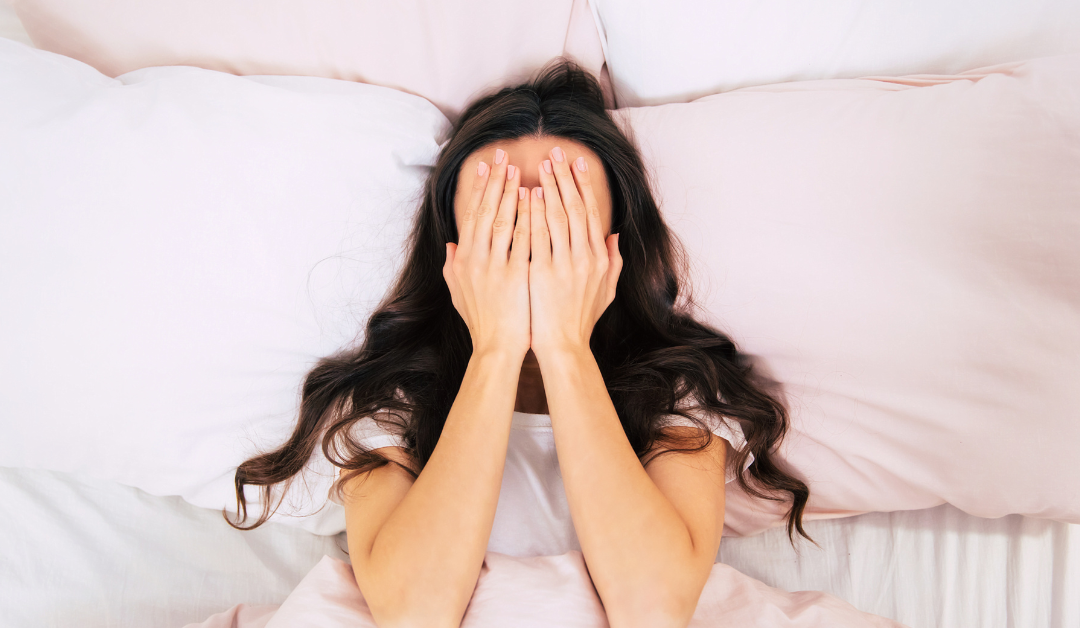Insomnia vs Sleep Deprivation
Getting a good night’s sleep is essential for our physical and mental well-being. However, many of us struggle with poor sleep or insomnia, leaving us feeling tired and irritable during the day.
Insomnia is a sleep disorder characterized by difficulty falling or staying asleep, waking up too early, or feeling unrefreshed after sleep. It can be caused by various factors, including stress, anxiety, depression, medication, or medical conditions. Insomnia can have a significant impact on our daily functioning, making it challenging to concentrate, causing irritability and fatigue, and affecting our mood and overall quality of life.
On the other hand, poor sleep is generally caused by external factors such as a noisy environment, uncomfortable bed or pillow, or irregular sleep schedule. While poor sleep can also result in fatigue and irritability, it is not typically associated with the same long-term health consequences as insomnia.
Here are some signs that may indicate insomnia:
- Difficulty falling asleep or staying asleep for at least three nights a week for three months or more
- Waking up too early and not being able to fall back asleep
- Feeling unrefreshed after sleep
- Daytime fatigue, irritability, and difficulty concentrating
- Impaired daily functioning due to sleep issues
If you experience any of these symptoms, it’s essential to speak with a healthcare provider who can help diagnose and treat your sleep issues. If you’re experiencing poor sleep, there are several things you can do to improve your sleep quality, such as:
- Creating a sleep-conducive environment by reducing noise and light and ensuring your bed is comfortable
- Establishing a consistent sleep schedule and sticking to it, even on weekends
- Limiting caffeine and alcohol intake, especially in the evening
- Engaging in relaxation techniques such as yoga or meditation before bedtime
- Avoiding electronics before bedtime as the blue light can interfere with sleep
Is sleep deprivation the same as insomnia?
No, sleep deprivation and insomnia are different. Sleep deprivation happens when you don’t get enough sleep due to external factors, such as work, lifestyle, or responsibilities. Insomnia, on the other hand, is a sleep disorder where you struggle to fall asleep, stay asleep, or get restful sleep despite having the opportunity to do so.
How do I know if I have insomnia or just can’t sleep?
If you occasionally have trouble sleeping due to stress, caffeine, or an irregular schedule, it may not be insomnia. Insomnia is a persistent difficulty falling or staying asleep at least three nights a week for three months or more, often leading to daytime fatigue, irritability, or difficulty concentrating. If sleep issues are affecting your daily life, it’s best to consult a healthcare professional.
What qualifies as sleep deprivation?
Sleep deprivation occurs when you consistently don’t get enough sleep to support your body’s physical and mental functions. This can lead to symptoms like daytime sleepiness, difficulty focusing, mood swings, weakened immunity, and even long-term health risks such as high blood pressure and heart disease.
How many hours of sleep do you need to recover from sleep deprivation?
Recovery from sleep deprivation depends on how much sleep you’ve lost. While a single night of poor sleep may be balanced with a longer sleep session the next night, chronic sleep deprivation requires more time. Experts recommend gradually increasing sleep duration over several nights, aiming for 7–9 hours per night for most adults, to fully restore cognitive and physical function.
In conclusion, whether you’re experiencing signs of insomnia or poor sleep, it’s crucial to address these issues to ensure you’re getting the rest you need to maintain good health and well-being. Consult with a healthcare professional to develop a personalized plan that works for you.

